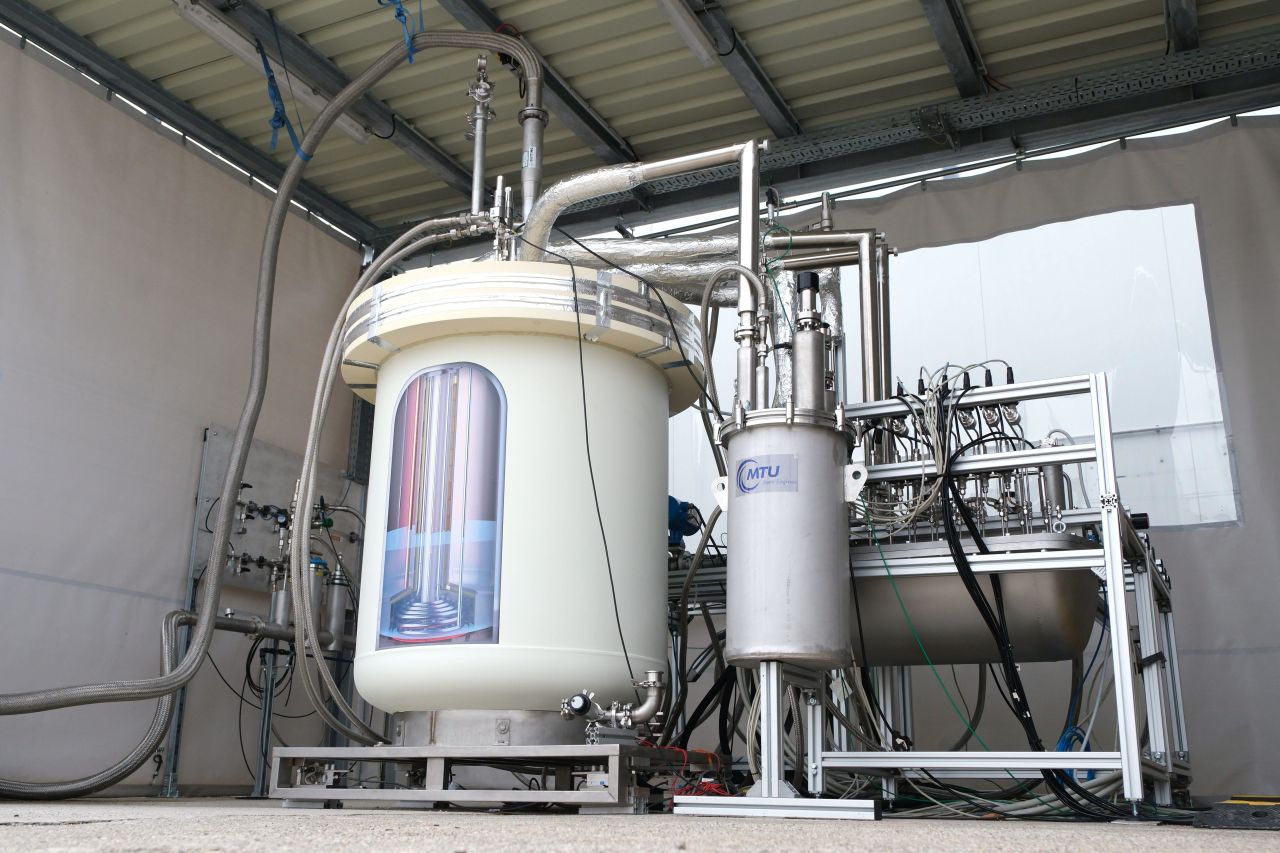MTU Aero Engines Milestone: Successful Testing of Liquid Hydrogen Fuel System for Zero-Emission Flight
Key Ideas
- MTU Aero Engines completed multi-week testing of its Flying Fuel Cell's liquid hydrogen fuel system, marking a significant step towards zero-emission flight.
- The validation of sensors and functions for aircraft use has paved the way for offering reliable LH2 fuel systems for various aircraft models.
- Collaborating with MT Aerospace, MTU is developing a complete liquid hydrogen fuel system for commercial aviation, focusing on safety, reliability, and optimized space utilization.
- Testing involving liquid hydrogen has confirmed the system's safety and functionality, allowing for a regulated supply of preconditioned hydrogen to the fuel cell.
German aircraft engine manufacturer MTU Aero Engines has achieved a crucial milestone by successfully completing the multi-week testing of its Flying Fuel Cell's liquid hydrogen fuel system. This achievement is a significant advancement towards zero-emission flight. The testing process validated the sensors and functions required for aircraft use, enabling MTU to offer reliable and high-performing LH2 fuel systems for a variety of aircraft models. MTU is collaborating with its partner, MT Aerospace, to develop a comprehensive liquid hydrogen fuel system for commercial aviation. The initial testing, conducted at MT Aerospace's headquarters in Augsburg using liquid nitrogen, demonstrated the system's ease of handling due to the characteristics of the test fuel. Subsequent testing with liquid hydrogen itself confirmed the safety, reliability, and expected functionality of the system, ensuring a regulated supply of preconditioned hydrogen to the fuel cell. With successful functionality confirmation, the focus has shifted towards lightweight engineering, integration concepts, and optimizing space utilization. This achievement represents a significant step forward in the pursuit of sustainable aviation and underscores the commitment of MTU Aero Engines and MT Aerospace to innovate in the field of hydrogen-powered flight.
